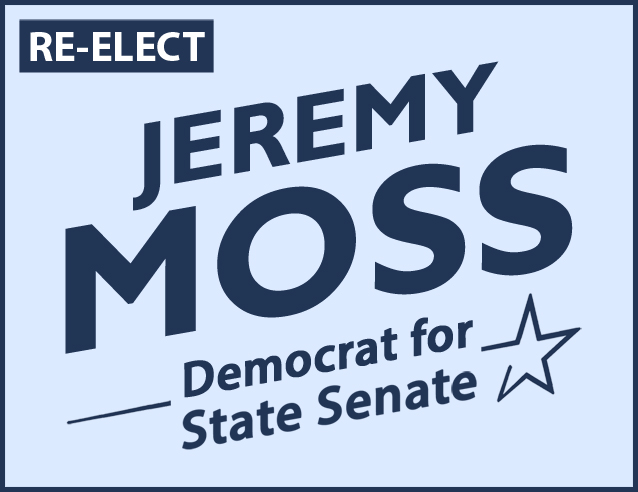The House Elections and Ethics Committee on Tuesday passed bills allowing candidates to work closely but not coordinate with independent expenditure committees like Super PACs, teeing it up for a swift journey to Gov. Rick Snyder's desk.
Senate bills 335 and 336, says sponsor Sen. Dave Robertson, R-Grand Blanc, codify the 2010 U.S. Supreme Court ruling in Citizens United vs. Federal Elections Commission.
But opponents say it goes far beyond that by allowing candidates to solicit unlimited amounts of money to Super PACs. A candidate wouldn't be allowed to explicitly coordinate with a Super PAC, but they could solicit donations for the group and the group could have vendors in common with the candidate's official campaign committee.
The bills passed the Senate last week after Senate Majority Leader Arlan Meekhof, R-West Olive, reached an agreement with House Speaker Tom Leonard, R-DeWitt.
The House Elections and Ethics Committee voted along party lines to approve the bills on Tuesday morning, and they're teed up for passage in the House this afternoon.
Rep. Adam Zemke, D-Ann Arbor, characterized the bills as rushed - a characterization Committee Chair Rep. Aaron Miller, R-Strugis, disagreed with.
Throughout the meeting Democrats on the committee asked in-depth questions about the bills, running possible scenarios past the Secretary of State and Robertson.
One from Rep. Jeremy Moss, D-Southfield, determined that under the new rules a candidate for state representative could call a donor, ask for the maximum contribution for his campaign committee, and then on the same phone call ask the donor to give to a Super PAC that could support the candidate with independent expenditures.
Robertson said the bill prohibited independent expenditure committees like Super PACs from supporting single candidates.
"You're selectively ignoring other aspects of the bill," Robertson said.
But later on, Democrats on the committee established that an independent expenditure committee could get around the spirit of that requirement by supporting one candidate with $999,999 and a different candidate with a single dollar.
The Secretary of State, which is neutral on the bill, confirmed that would be permissible.
"However, we're still looking for the same sin. It doesn't get you off the hook for not being able to coordinate," said Kieran Marion, director of the Office of Policy Initiatives within the Department of State.
But Craig Mauger, executive director of the Michigan Campaign Finance Network, said most Michiganders would consider something like a candidate sharing vendors or soliciting contributions to be coordination.
"The average person would look at that and say 'no, that's not independent,'" Mauger said.
The bills do prescribe felony penalties for anything determined to be coordination. But under the bills, he said, a person involved would almost have to admit to coordination to be found guilty of it.
The committee shot down proposed Democratic amendments, and approved the bill 5-3 along party lines.
It goes now to the full House of Representatives, which is slated to consider it for final passage today. The body convenes at 1:30 p.m. The Senate would need to send it on to Gov. Rick Snyder for signature, which they could also do on Tuesday.
